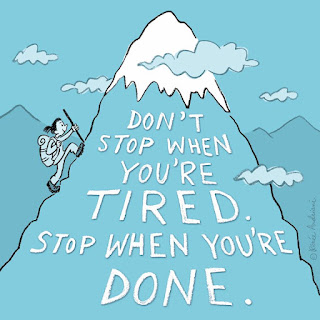Walls and barriers
A few years ago I completed a "bucket list" item when Bonnie and I were in China and able to see the Great Wall. This fascinating series of structures stretches for a total of over 13,000 miles and is considered one of the great architectural feats of all history.
The walls in China were built over many centuries, supposedly starting in the 7th century BC, primarily as a defensive measure against northern invaders. They also served effectively to control immigration/emigration and imports/exports at the borders. An unexpected benefit, according to one description I read, was that in more peaceful times the establishment of the boundary actually helped adjoining countries to acknowledge cultural differences and share them in appropriate ways.
Similar walls exist in many places throughout our world. Often our national borders to help control international traffic are more a fence than a wall, but in recent years we heard plenty of discussion about a wall between the US and Mexico. The walls of prisons are designed to keep people contained inside for punitive purposes. On a smaller scale, we put up protective fences to define our boundaries and protect our possessions in business and homes.
In another sense, we erect "virtual" barriers in many ways, such as hardware and software to protect our computers from malicious invasions; personal standards to define boundaries of behavior in certain situations (I will not let myself go beyond this point in my actions); or emotional barriers to avoid situations that we know are difficult or harmful.
When I think about boundaries and barriers in my personal world and my life, physical and otherwise, it's interesting to ponder their purposes and functionality. What are my boundaries and limits? Why are they there? What are they blocking, preventing, inhibiting? Are they truly valid?
Note that sometimes barriers and walls are good and praiseworthy; but sometimes they are inappropriate, inhibiting of progress, and need to be eliminated. We can put up walls that inhibit communication or prevent contact with people who might benefit us. An adage attributed to one of my favorite authors, G. K. Chesterton, says, "Don’t ever take a fence down until you know the reason why it was put up." We should frequently ponder the limits we have in our life and reconsider if they are truly valid, appropriate, and beneficial.
Robert Frost started his poem "Mending Wall" with these words: "Something there is that doesn't love a wall" and went on to describe the challenge of maintaining a good fence between properties when nature seemed intent on knocking it down. The most remembered line in the poem is this one, justifying the building and maintenance of barriers: "Good fences make good neighbors."
I #GiveThanks for good fences that have good purposes and bless my life, and for the chance occasionally to remove fences that have served their purposes.





Comments
Post a Comment